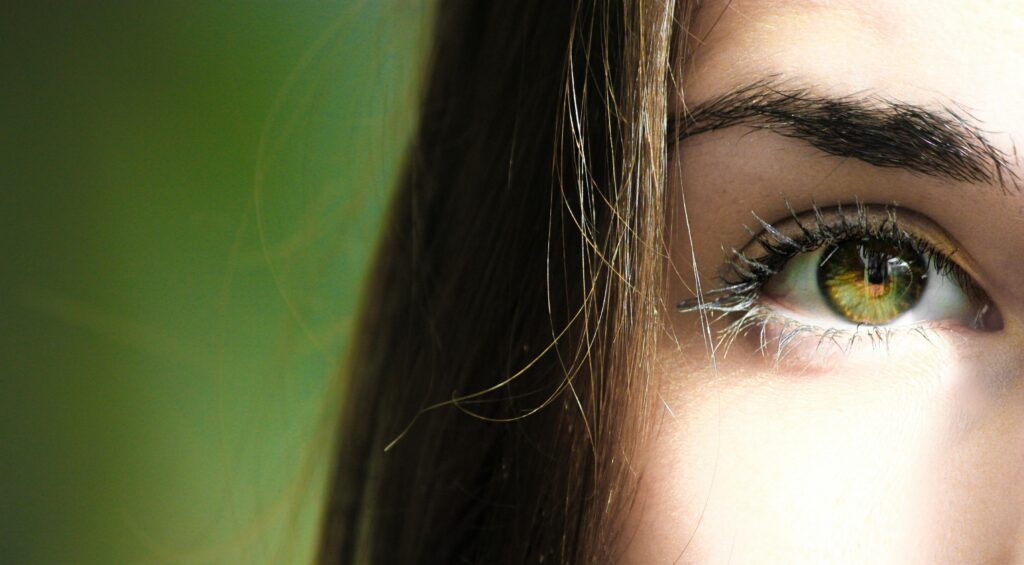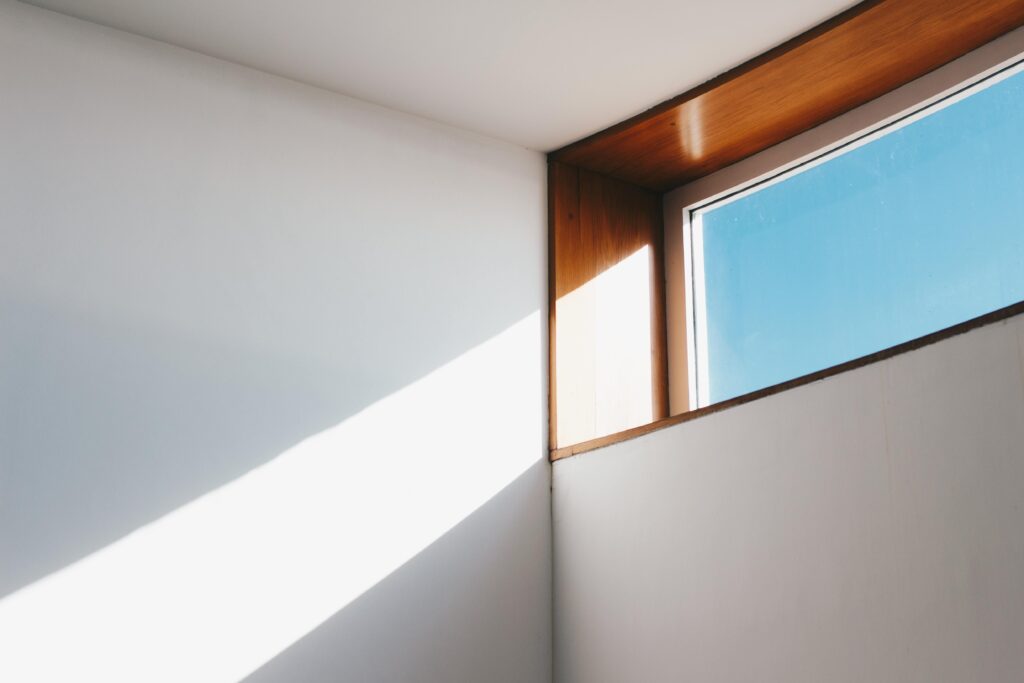Blue light is a type of visible light with a short wavelength and high energy. It is commonly emitted by digital screens, such as those on computers, mobile devices, flat-screen televisions, and other electronic displays.
Understanding Blue Light Glasses and Their Benefits
Blue light glasses and lenses have been developed to help minimize exposure to blue light, potentially reducing its effects on your eyes. While researchers continue to explore the long-term impact of blue light, current evidence suggests that these glasses, combined with healthy habits, may alleviate symptoms such as dry eyes and eye fatigue.
Curious about how blue light glasses work and what you can do to protect your eyes? Read on to discover the facts and practical tips for minimizing the negative effects of blue light.

Why Does Blue Light Matter?
Blue light is a type of visible light with a short wavelength of 415 to 455 nanometers, making it high in energy compared to other light types. It’s emitted not only by artificial sources like computer screens, smartphones, and televisions but also naturally by the sun—giving the sky its blue color.
Historically, humans were only exposed to blue light during daylight hours. Our brains evolved to associate it with alertness, energy, and action. However, artificial blue light exposure from devices can disrupt this natural rhythm. For instance, using a smartphone in a dark room can confuse your body, throwing off your sleep-wake cycle by suppressing melatonin production.
Excessive exposure during the day can also lead to eye fatigue and dryness. With many people spending more than 10 hours daily on screens, these symptoms are increasingly common.
Blue light glasses aim to filter blue light before it reaches your eyes, potentially reducing these effects. By minimizing exposure, they may help alleviate discomfort like dry eyes and fatigue, making screen time more manageable.
Do Blue Light Glasses Work?
The American Academy of Ophthalmology does not currently recommend blue-light-filtering glasses for computer use. However, ongoing research may change this stance in the future.

A 2023 study found no significant short-term benefits of blue-light-blocking lenses in reducing visual fatigue compared to standard lenses. Similarly, a 2017 review of three clinical trials provided limited evidence supporting their use for preserving eye health or preventing dry eyes.
Another 2017 study reported that one-third of participants noticed reduced glare and improved vision when using blue-light-blocking glasses. However, this study was funded by a lens retailer, potentially introducing bias.
While the scientific consensus is still developing, some people find subjective benefits from using blue light glasses. Combining these glasses with healthy screen habits may offer the best results for reducing discomfort and improving screen time experience.
Lifestyle Tips for Reducing Blue Light Exposure
You don’t need to buy blue light glasses to minimize exposure. Instead, adopt these eye-health-friendly habits:

By incorporating these habits, you can protect your eyes and reduce blue light exposure without relying solely on specialized glasses.
Side Effects of Blue Light Exposure
Prolonged exposure to blue light can contribute to a condition known as computer vision syndrome. Symptoms include:
Blue light exposure also interferes with your body’s natural production of melatonin, the hormone that regulates sleep. This can make it harder to fall asleep and stay asleep after using devices at night.
Beyond sleep disturbances, disrupted melatonin production can affect your overall hormone balance, leading to broader health impacts. Poor sleep quality, particularly a lack of REM sleep, can impair your ability to manage stress and leave your mind unable to fully relax.
When Should I Speak With a Doctor?
Consider scheduling an appointment with an eye doctor if you experience any of the following:
These symptoms could indicate underlying issues that require professional evaluation and treatment. Don’t hesitate to seek advice to protect your eye healthy.
The Takeaway
When it comes to blue light glasses, the jury is still out on their effectiveness in significantly reducing blue light exposure and alleviating related symptoms.
However, taking proactive steps like limiting blue light exposure, adopting eye-friendly habits, and regularly stepping away from screens can go a long way in preventing dry eye and eyestrain caused by prolonged screen use.h.






